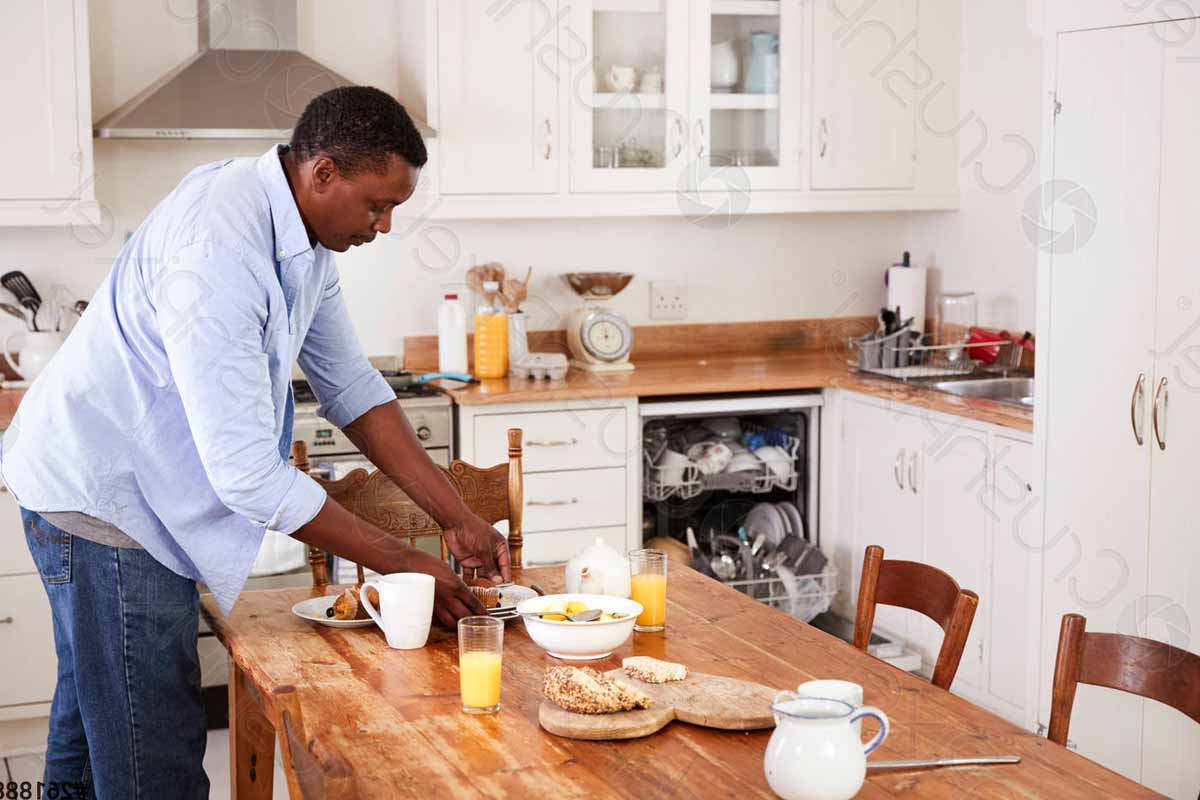We don’t talk about it much, yet it’s packed with psychology insight. The end of a meal is a small stage where character shows. Plates scrape. Chairs slide back. Someone moves first. What happens next says more than long speeches about discipline or care. It’s ordinary life, but it isn’t small.
What Clearing the Table Says About You
A meal feels complete when the space looks calm again. Some people need that calm now. Others let it wait, and that choice reveals a pattern. Clearing the table can signal order, self-respect, and a wish to keep the room welcoming. It often tracks with punctuality, tidy desks, and showing up prepared. Not perfectionism. Just a steady habit of closing loops. When you watch the last minutes of lunch, you can see values at work. A quiet ritual. A brief reset before everyone moves on. This is where psychology insight meets forks and napkins, right in your kitchen. You’ll notice who handles their stuff, who pitches in, and who drifts away. No moral drama just clues you can trust.
Responsibility You Can See
Responsibility rarely needs a speech. It looks like someone stacking plates without being asked. It looks like wiping a ring of sauce because no one likes sticky elbows. People who jump in here usually do the same at work. They send the follow-up. They remember the small promises. Clearing the table becomes a micro-contract with everyone in the room: I’ll leave this place better than I found it. That mindset lowers friction at home. Fewer sighs. Fewer whispered resentments about who does what. You can feel the room relax when chores flow without debate. It’s practical, and oddly tender. You took care of our shared space, so I feel taken care of too. That’s responsibility breathing in real time, guided by psychology insight woven into daily routine.
Psychology insight
Order isn’t only about spotless counters. It’s about energy that doesn’t snag on clutter. After a meal, visual noise shrinks when the table clears, and the mind follows. People who crave that tidy landing often think more clearly afterward. They can reset focus faster, plan the next step, or simply rest. A clean surface lowers mental load. Less searching, less bumping into the same mess twice. You get back time without noticing. It isn’t about rules for rules’ sake. It’s the feeling of walking into a room that welcomes you back. That welcome is quiet yet powerful. Call it everyday design for a steadier mood—nudged by gentle psychology insight you can feel, not just read.
Habits That Quiet the Mind
Rituals build lives. Clear the table now, and your brain learns to wrap tasks cleanly. That skill spreads. Emails closed out. Tools returned. Shoes by the door. A rhythm forms that keeps stress from piling up like dishes. People who practice this small finish often handle bigger finishes with less fuss. They don’t wait for motivation. They start, then momentum carries them. The reward is real and immediate. You see a clear surface, and your body softens a notch. Pride sneaks in, the good kind. I did that. It’s small, yet it counts. One more vote for the person you’re trying to be. That inner vote echoes with a simple psychology insight you already know: repetition writes identity.
Make It Easy, Make It Shared
You don’t need a clipboard to make cleanup work. Keep the path simple. Bin close by. Dish rack ready. Towels that actually dry. When the setup is friendly, people help without grumbling. Split the job if energy runs low. One stacks. One rinses. Another wipes. Two minutes, done. Put things where they’re expected to live, and agree on the why. We keep glasses here because it saves steps. Tiny agreements prevent tiny fights. Turn the moment into a check-in. Talk while you pass plates. Laugh about the sauce catastrophe. When chores carry conversation, connection sneaks into the room. That’s the hidden payoff. A tidy table, a warmer crew. You built both at once, guided by everyday psychology insight that keeps homes light and kind.
